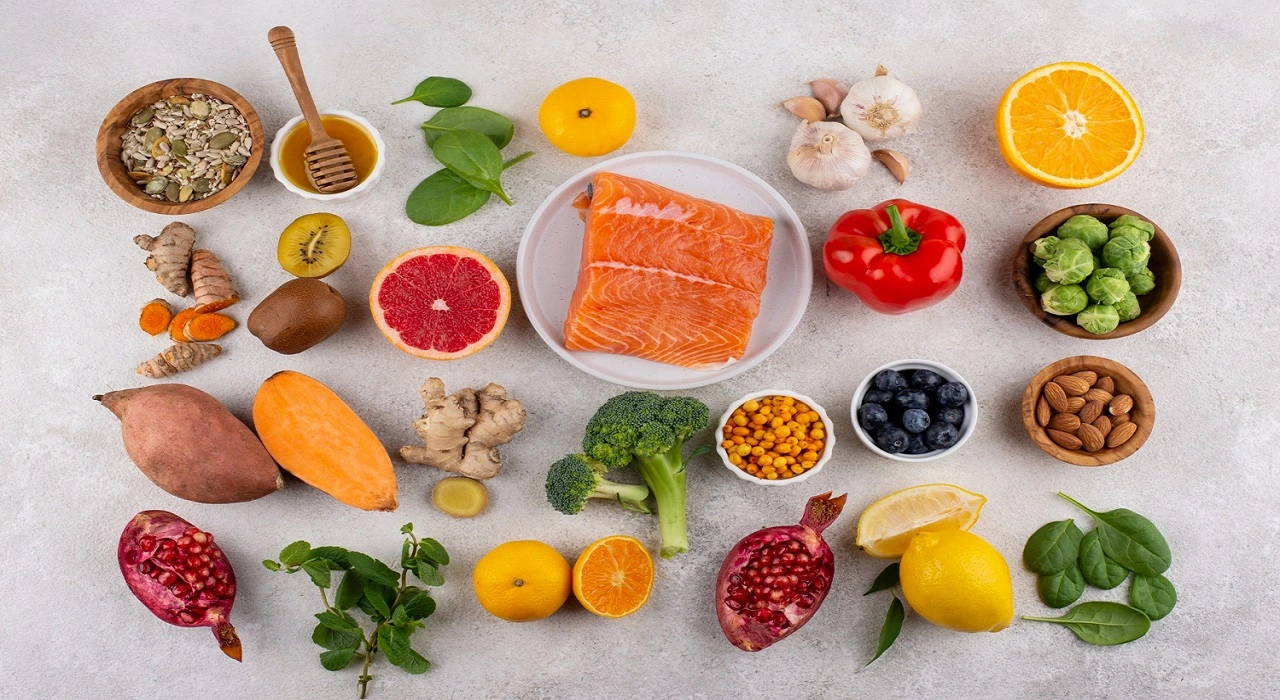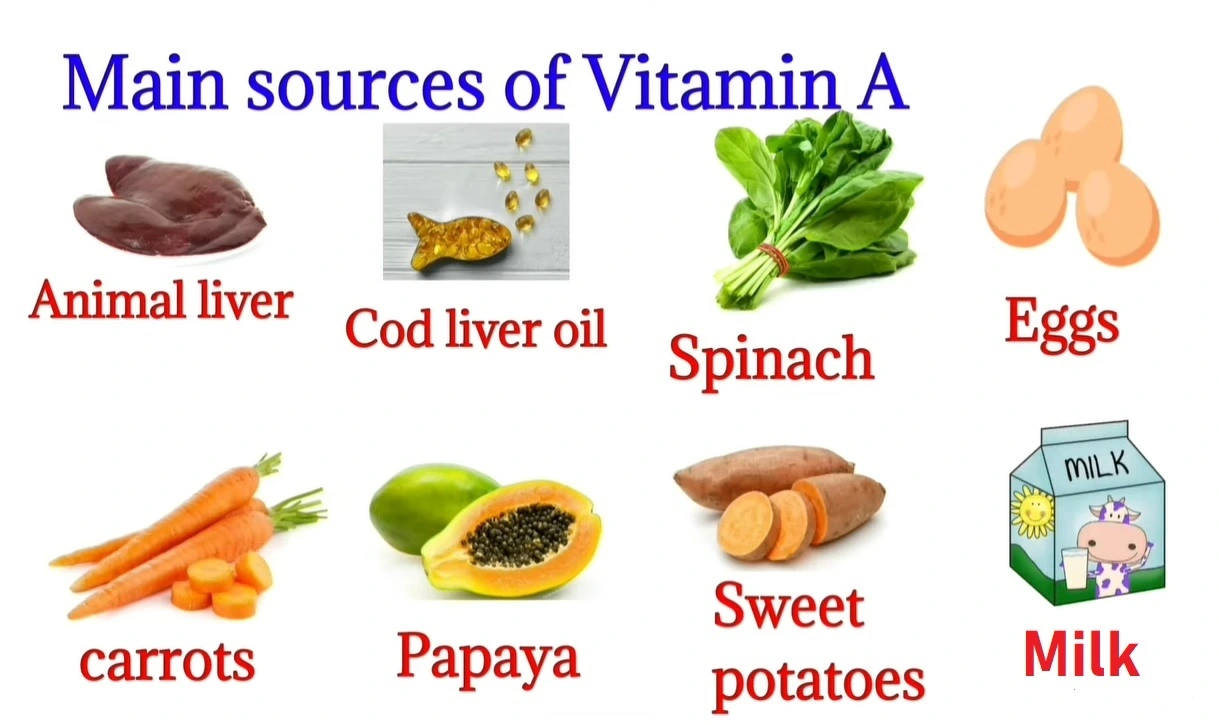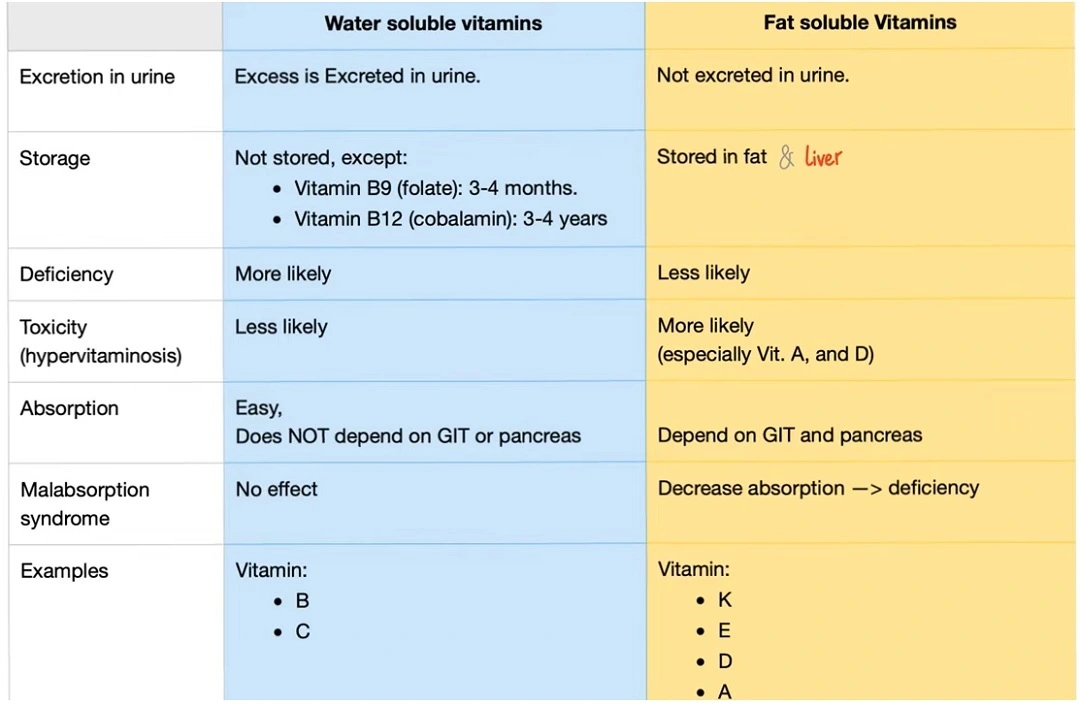Introduction
Vitamin A is a vital nutrient that plays a crucial role in maintaining our overall health. From supporting vision to boosting the immune system, this powerhouse vitamin is essential for our well-being. In this article, we will explore everything you need to know about Vitamin, including its benefits, sources, and answers to frequently asked questions.
What is Vitamin A?
Vitamin A is a fat-soluble vitamin that is important for many bodily functions. It exists in two primary forms: preformed Vitamin A (retinol and retinyl esters) found in animal products, and provitamin A (beta-carotene) found in plant-based foods. Both forms are converted into the active form of Vitamin in the body.
Benefits of Vitamin A
1. Supports Vision
One of the most well-known benefits of Vitamin is its role in maintaining healthy vision. It is a key component of rhodopsin, a protein in the eyes that absorbs light and helps us see in low-light conditions.
2. Boosts Immune System
Vitamin is crucial for maintaining the integrity of the skin and mucous membranes, which act as barriers to infections. It also enhances the function of white blood cells, which fight off harmful pathogens.
3. Promotes Healthy Skin
This vitamin is vital for skin health, promoting cell production and differentiation. It helps prevent dry skin and can reduce the risk of skin infections.
4. Supports Reproductive Health
Vitamin A is essential for the reproductive processes in both males and females. It plays a role in the development of sperm and eggs, as well as maintaining a healthy pregnancy.
5. Fosters Growth and Development
During pregnancy, infancy, and childhood, Vitamin is crucial for proper growth and development. It supports the development of vital organs and systems in the body.
Sources of Vitamin A
To ensure you’re getting enough Vitamin, include these foods in your diet:
1. Animal Sources
Liver, fish oils, milk, eggs, and fortified cereals are rich in preformed Vitamin.
2. Plant Sources
Carrots, sweet potatoes, spinach, kale, and other leafy greens are excellent sources of beta-carotene, which the body converts into Vitamin.
3. Supplements
Vitamin supplements are available and can be a good option for those who struggle to get enough from their diet alone. However, it’s important to consult with a healthcare provider before starting any supplement regimen.
How Much Vitamin A Do You Need?
The recommended daily allowance (RDA) for Vitamin varies by age, gender, and life stage:
- Infants (0-12 months): 400-500 micrograms (mcg)
- Children (1-8 years): 300-400 mcg
- Adolescents (9-18 years): 600-900 mcg
- Adults (19+ years): 700 mcg for women, 900 mcg for men
- Pregnant women: 770 mcg
- Breastfeeding women: 1300 mcg
Can You Have Too Much Vitamin A?
While Vitamin is essential for health, too much can be harmful. Hypervitaminosis A, or Vitamin toxicity, can occur if you consume excessively high amounts, particularly from supplements. Symptoms include dizziness, nausea, headaches, and even more severe effects like liver damage.
Frequently Asked Questions about Vitamin A
Q. What are the symptoms of Vitamin A deficiency?
Symptoms of Vitamin deficiency include night blindness, dry eyes, frequent infections, and skin issues.
Q. Can I get enough Vitamin A from a vegetarian diet?
Yes, by consuming plenty of beta-carotene-rich foods like carrots, sweet potatoes, and leafy greens, vegetarians can meet their Vitamin needs.
Q. How does Vitamin A benefit the immune system?
Vitamin enhances the function of white blood cells and maintains the health of skin and mucous membranes, which are the body’s first line of defense against infections.
Q. Is it safe to take Vitamin A supplements?
It’s generally safe if taken within the recommended limits. However, high doses can lead to toxicity, so it’s best to consult with a healthcare provider.
Q. Can Vitamin A improve my skin?
Yes, Vitamin promotes healthy skin by encouraging cell production and differentiation, which can help prevent dry skin and reduce the risk of infections.
Conclusion
Vitamin A is a critical nutrient that supports many vital functions in the body, from vision to immune health. By incorporating a variety of Vitamin rich foods into your diet, you can ensure you’re getting enough of this essential vitamin. Remember, balance is key—too little can lead to deficiency, while too much can cause toxicity. If you have any concerns about your Vitamin intake, consult with a healthcare professional.



1 thought on “Vitamin A: benefits, sources, and more”